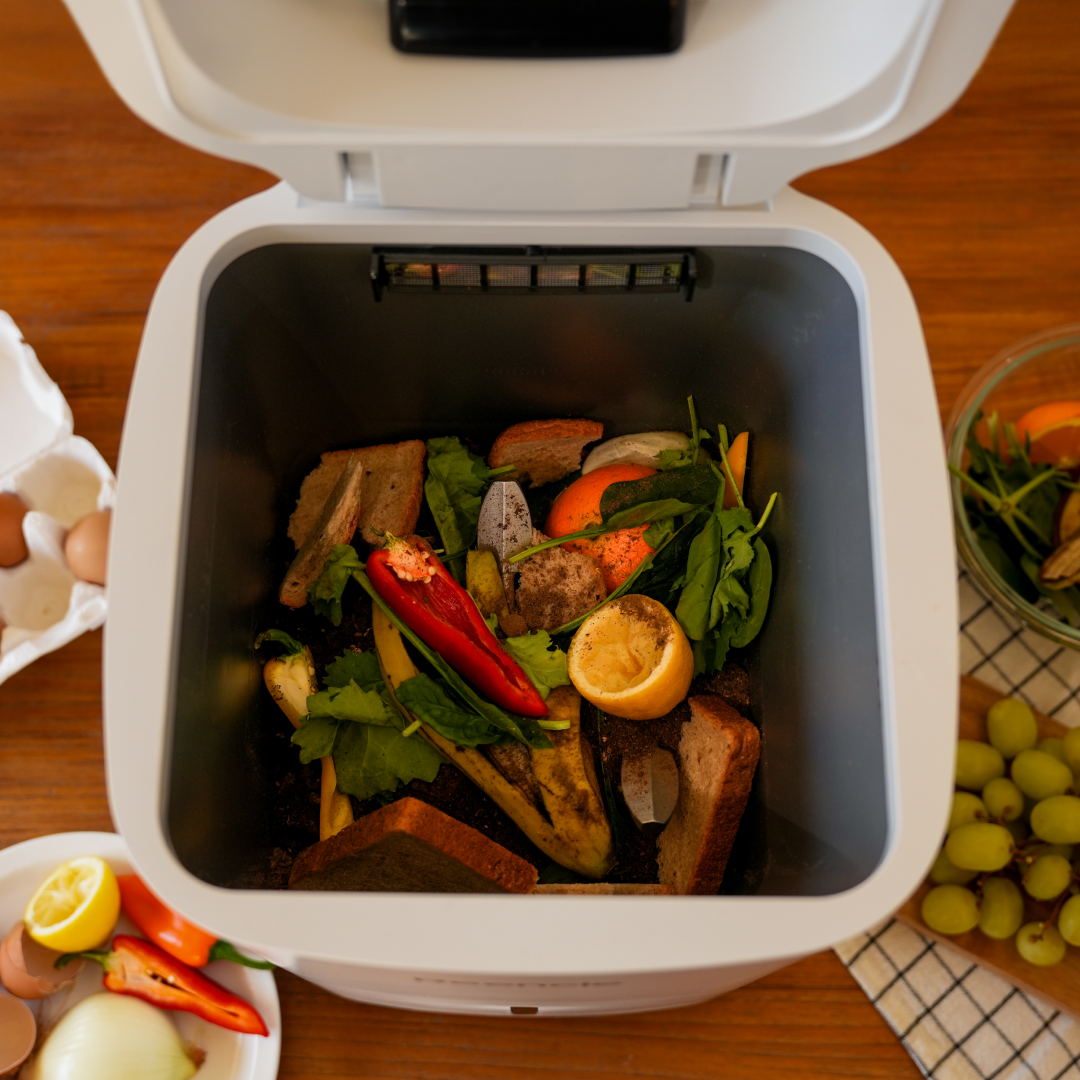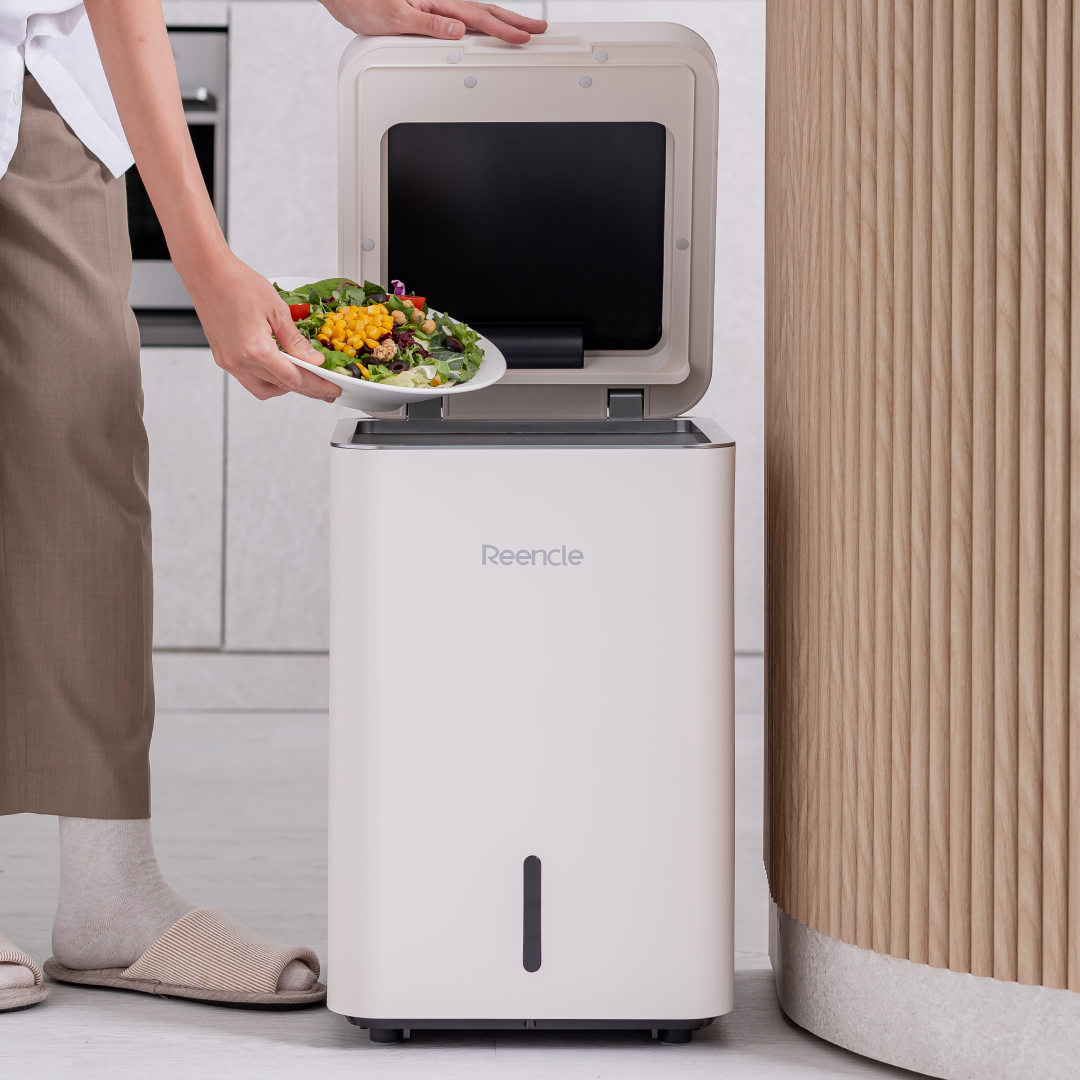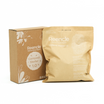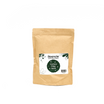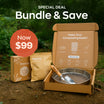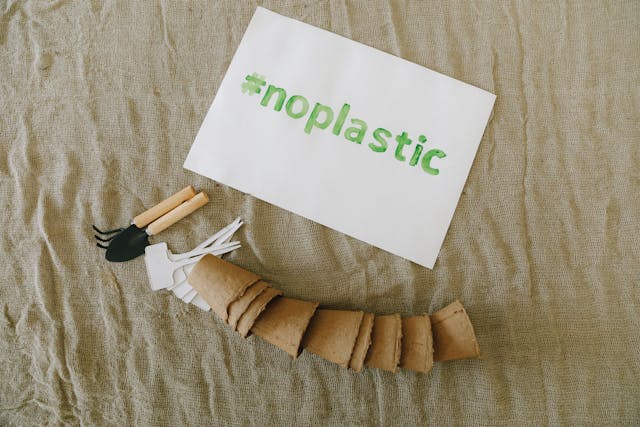Why Can Reencle Compost Meat and Dairy Products?
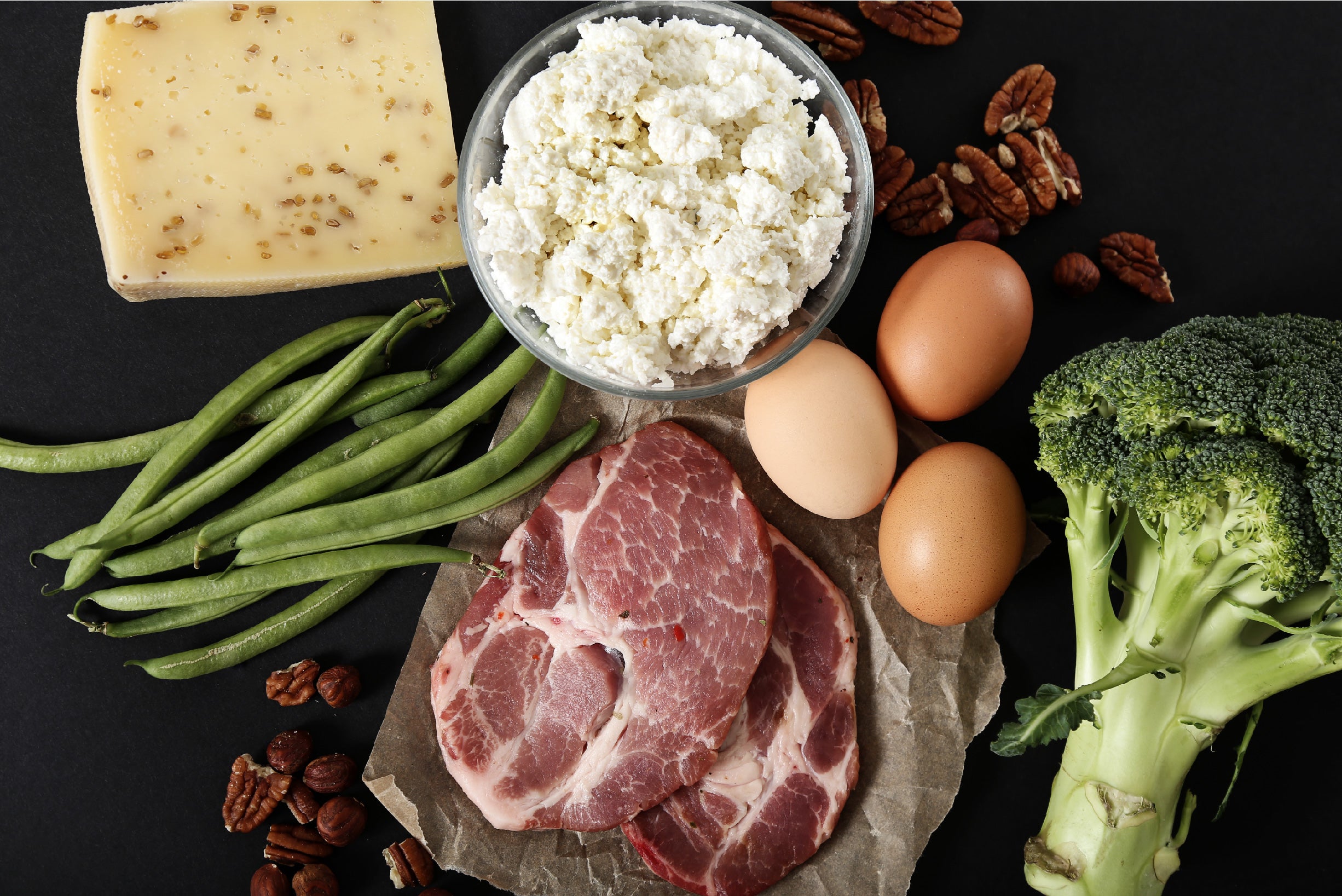
Composting stands out as an effective solution for managing food waste, addressing soil degradation, enriching the earth, and cutting down methane emissions. It leverages a process known as aerobic digestion to break down food waste, necessitating organic waste, microorganisms, water, and oxygen. The outcome? Nutrient-rich soil that sequesters carbon from the atmosphere, combating global warming.
Yet, the idea of composting meat, dairy, and fish often raises concerns. The conventional backyard composting methods struggle with these types of waste for several reasons:
● Fats and Oils: They can slow down the composting process by forming barriers that displace water, reduce airflow, and hinder microbial activity.
● Bacterial Contamination: Decomposing meat may harbor harmful bacteria, such as listeria, E. coli, and salmonella.
● Attracting Pests: The decomposition of meat, dairy, and fish can attract vermin and wildlife, posing additional challenges.
These issues make it impractical for individuals using traditional composting methods to handle meat, dairy, and fish waste efficiently. Enter Reencle, a game-changer in the world of composting.
How Does Reencle Tackle These Challenges?
Reencle mimics an aerobic composting system but with a twist—it employs special microorganisms tailored for the task. This system meets the four essential requirements for effective composting: organic waste, microorganisms, water, and oxygen. Remarkably, Reencle can decompose at least 90% of food wastes within 24 hours, including meat, dairy, and fish. But how?
● Temperature: Reencle operates at a minimum of 131°F, the optimal temperature for activating its microbes. This heat level ensures that harmful bacteria cannot survive within the system. Our tests confirm the absence of dangerous microbes in the compost produced.
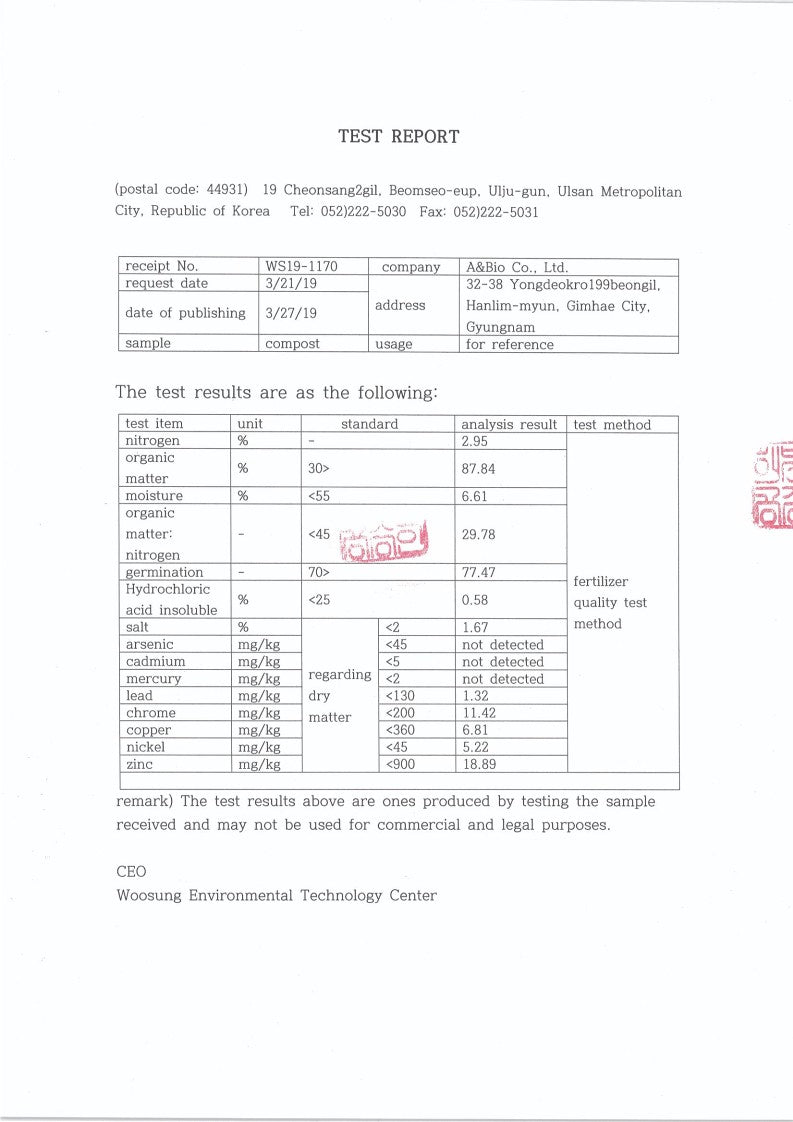
● Microbes: The efficiency of Reencle's composting system surpasses that of traditional methods. It's capable of breaking down fats, though excessive oils should still be avoided to prevent inhibiting microbial growth.
● Three-Filter System: Reencle's innovative filter system effectively traps odors. Plus, as an indoor electric composter, it eliminates concerns about attracting wildlife.
Conclusion
Ordinarily, meat and dairy products discarded in the trash contribute to methane production in landfills—a potent greenhouse gas exacerbating global warming. Ideally, these products should be utilized before spoiling or disposed of in a manner that prevents environmental contamination. Under specific conditions, Reencle offers a viable solution for composting meat and dairy products, aligning with sustainable waste management practices and environmental stewardship.


